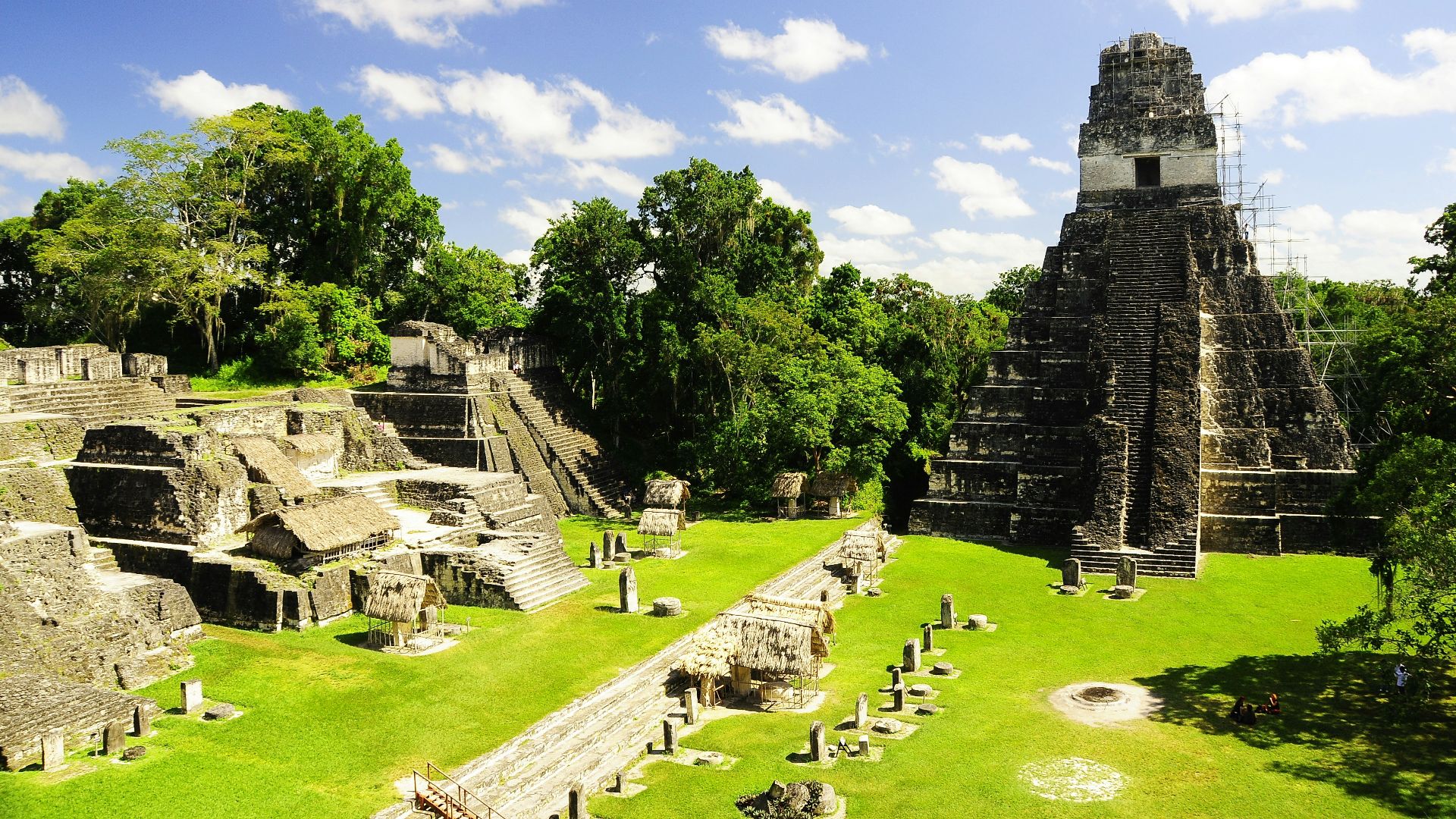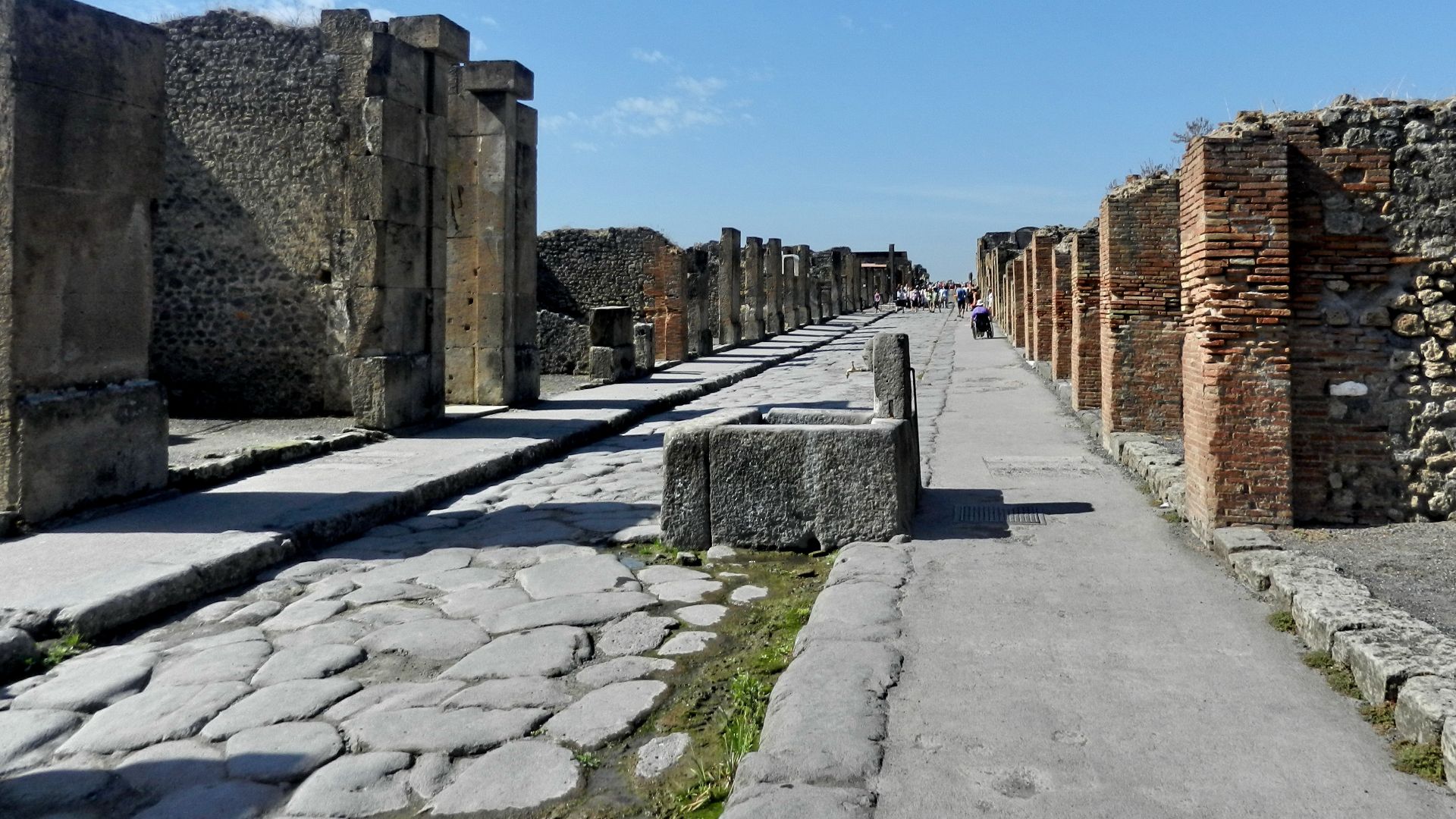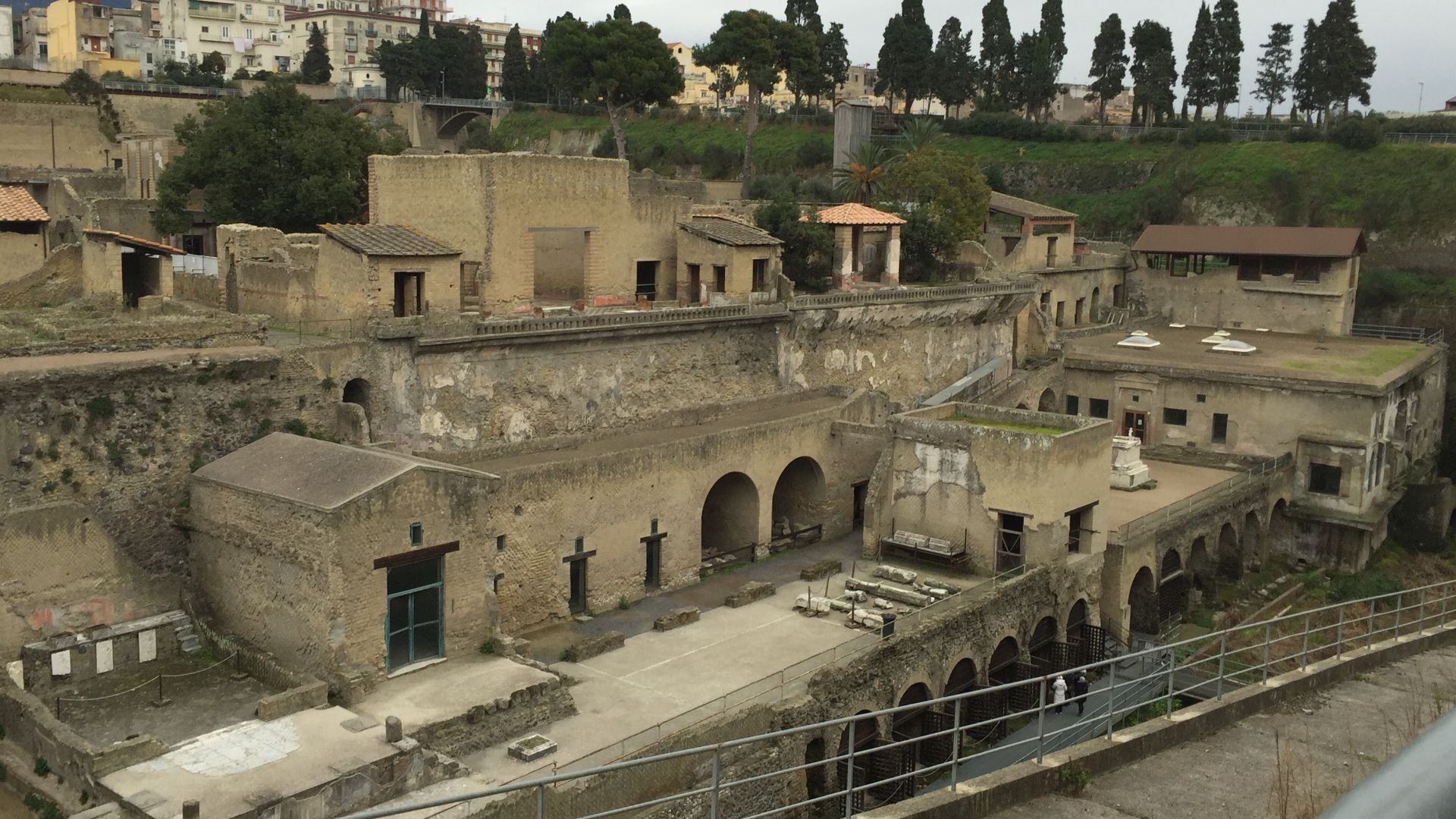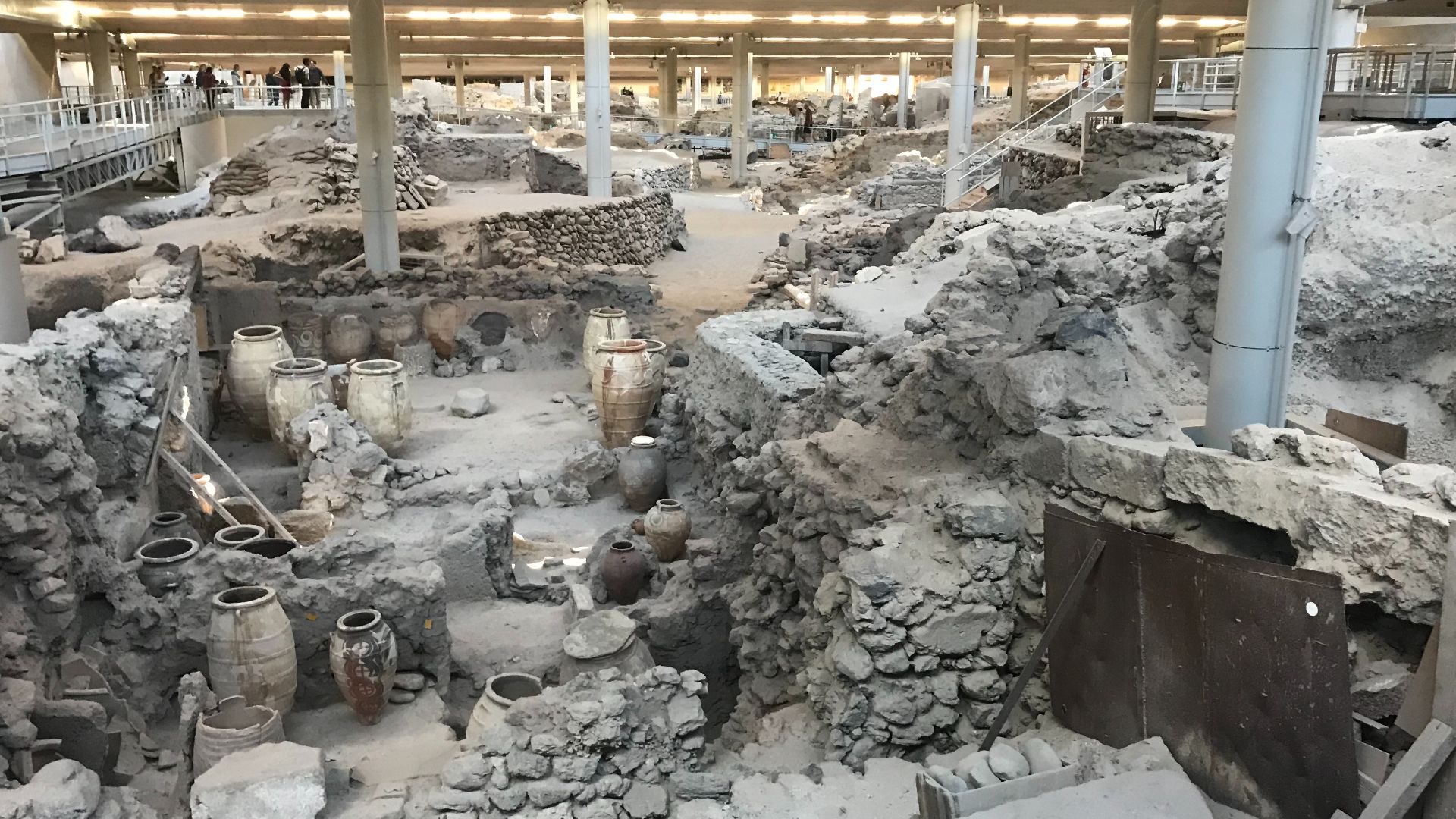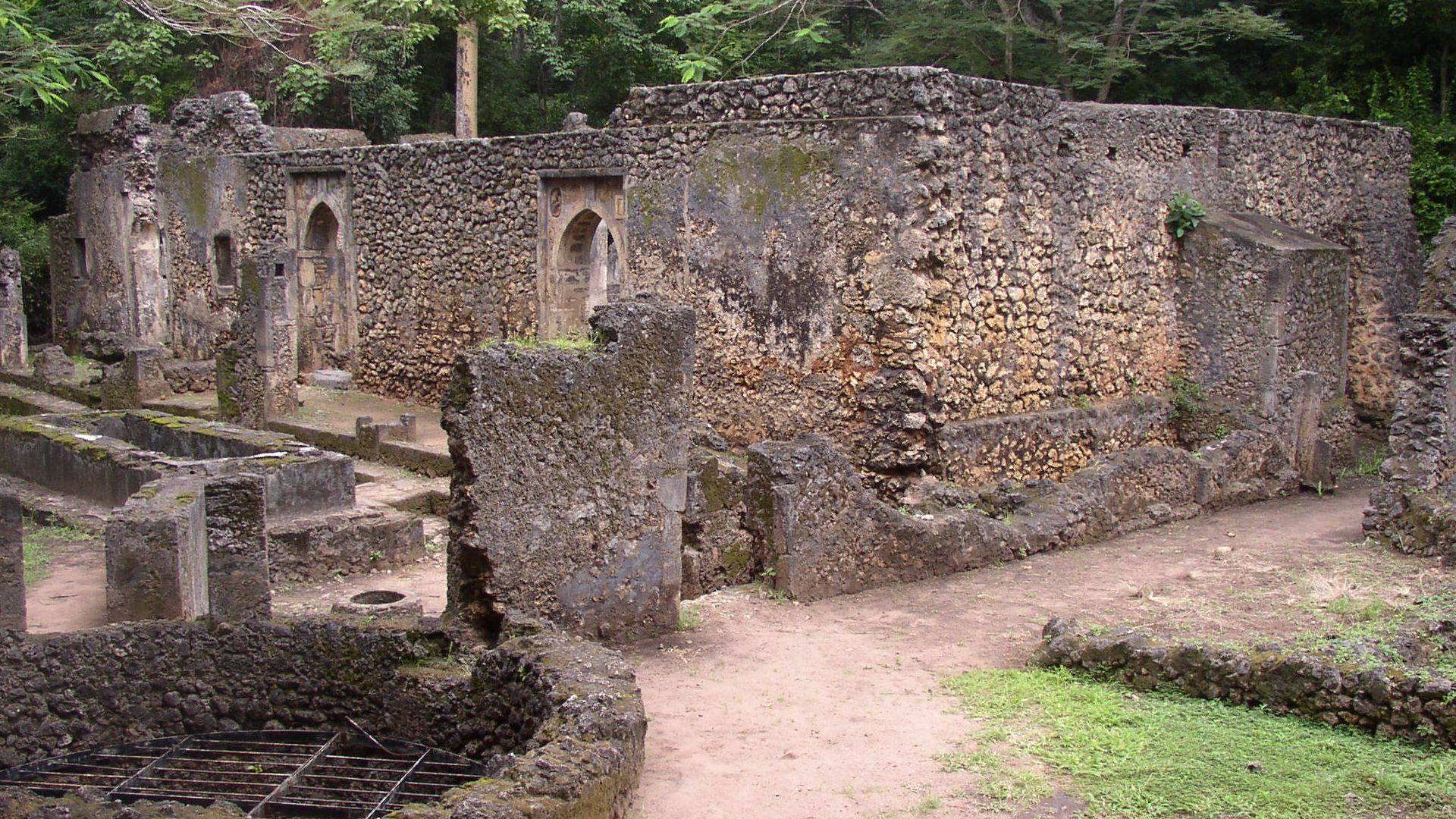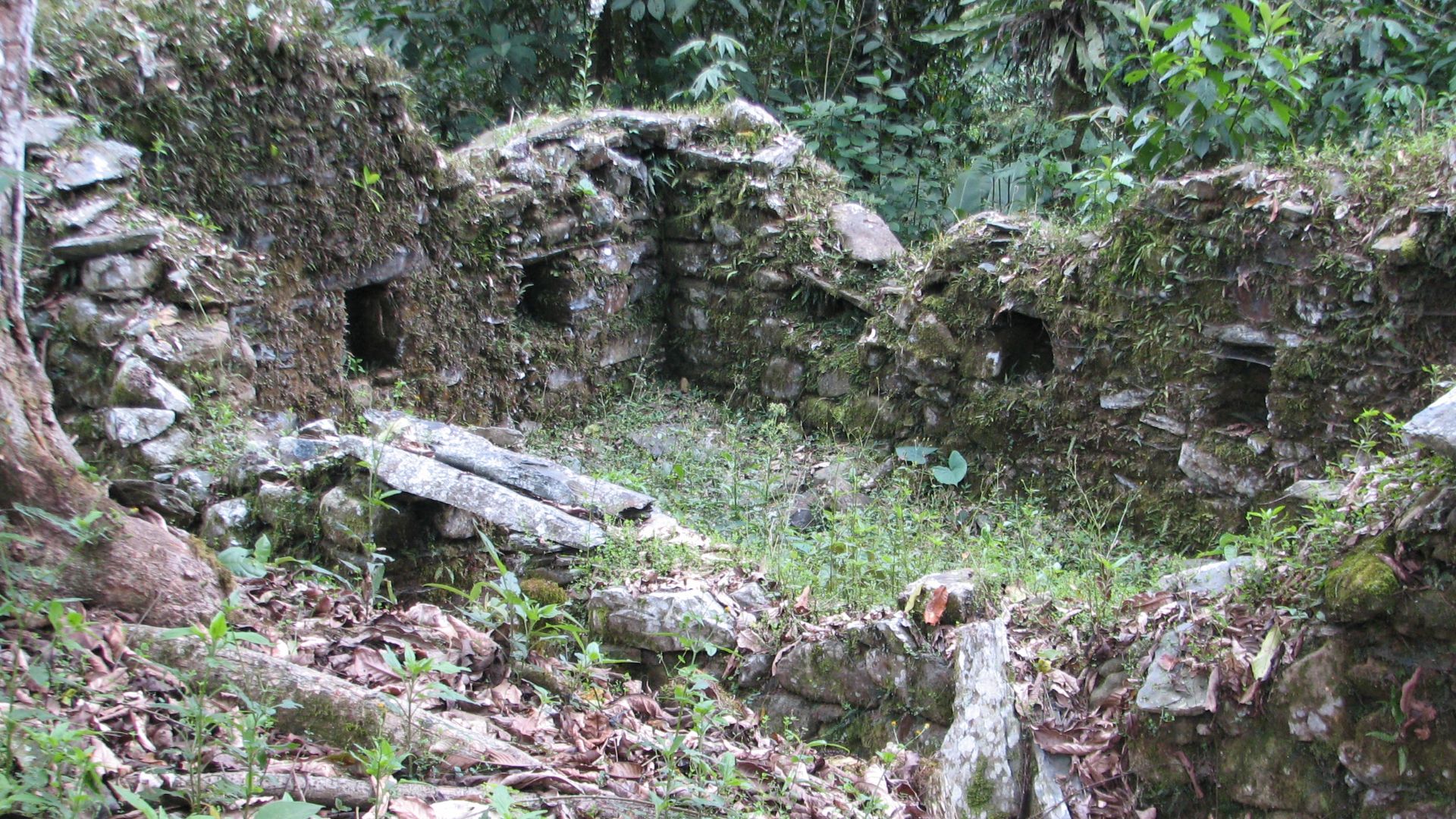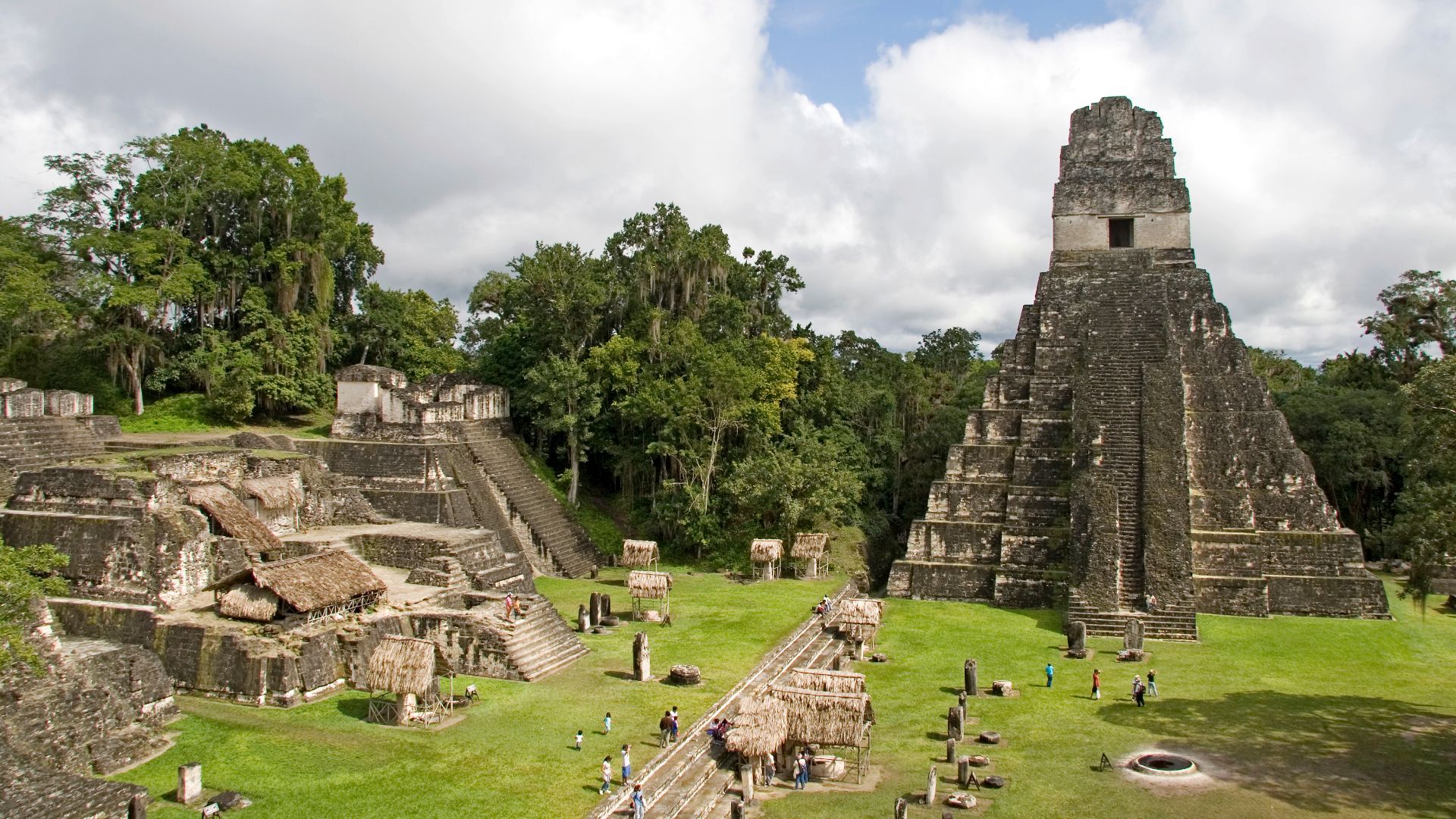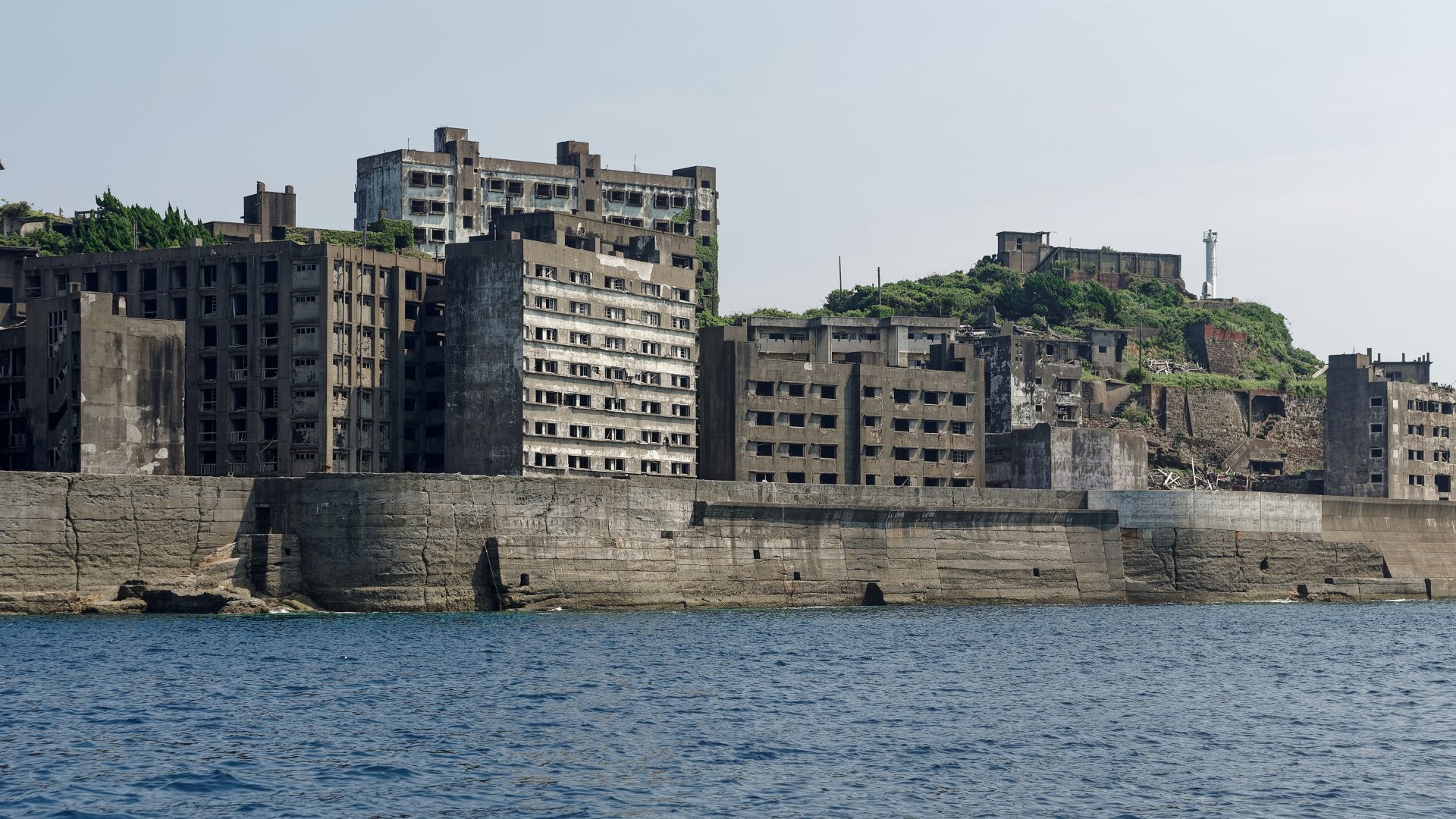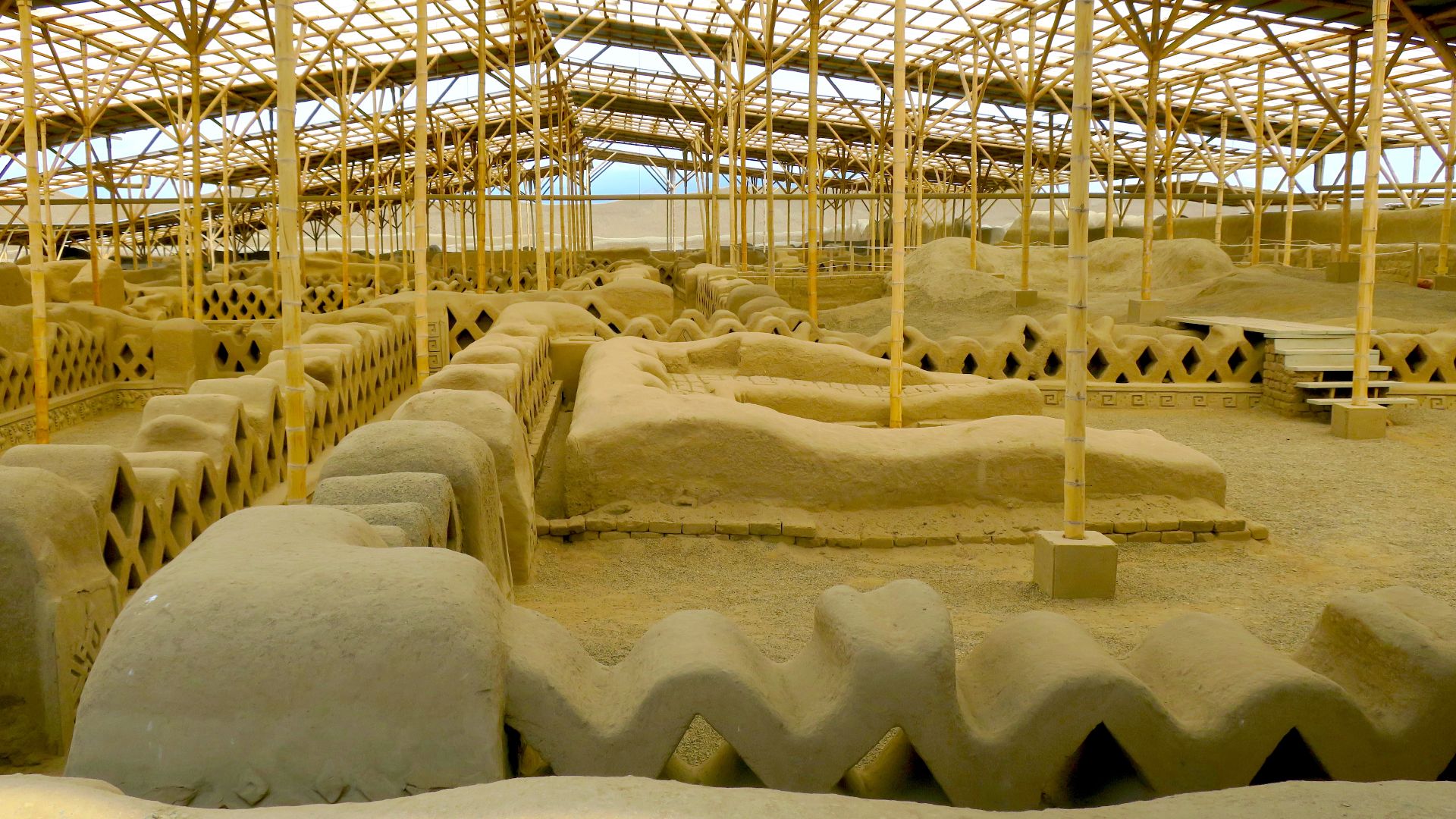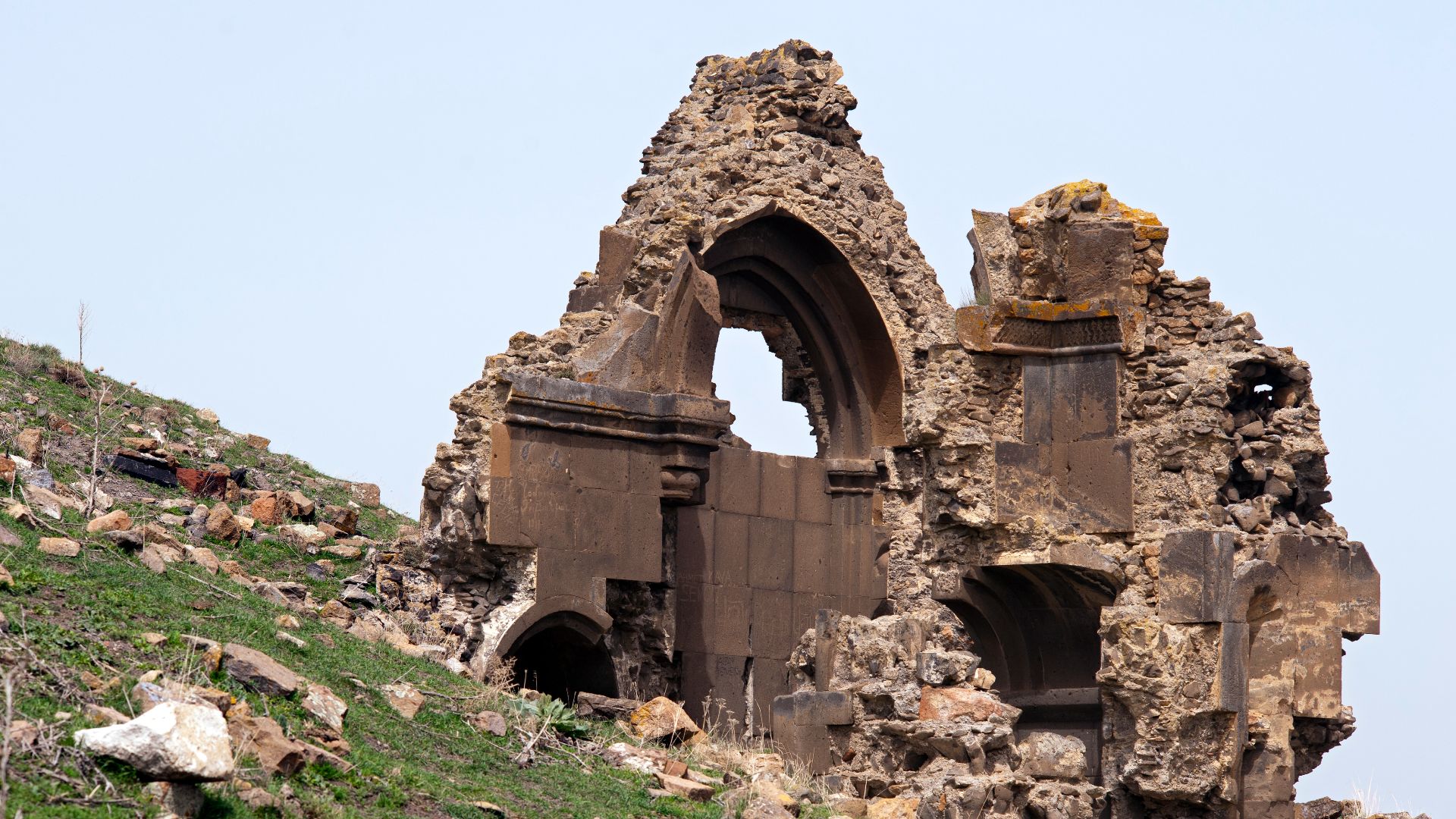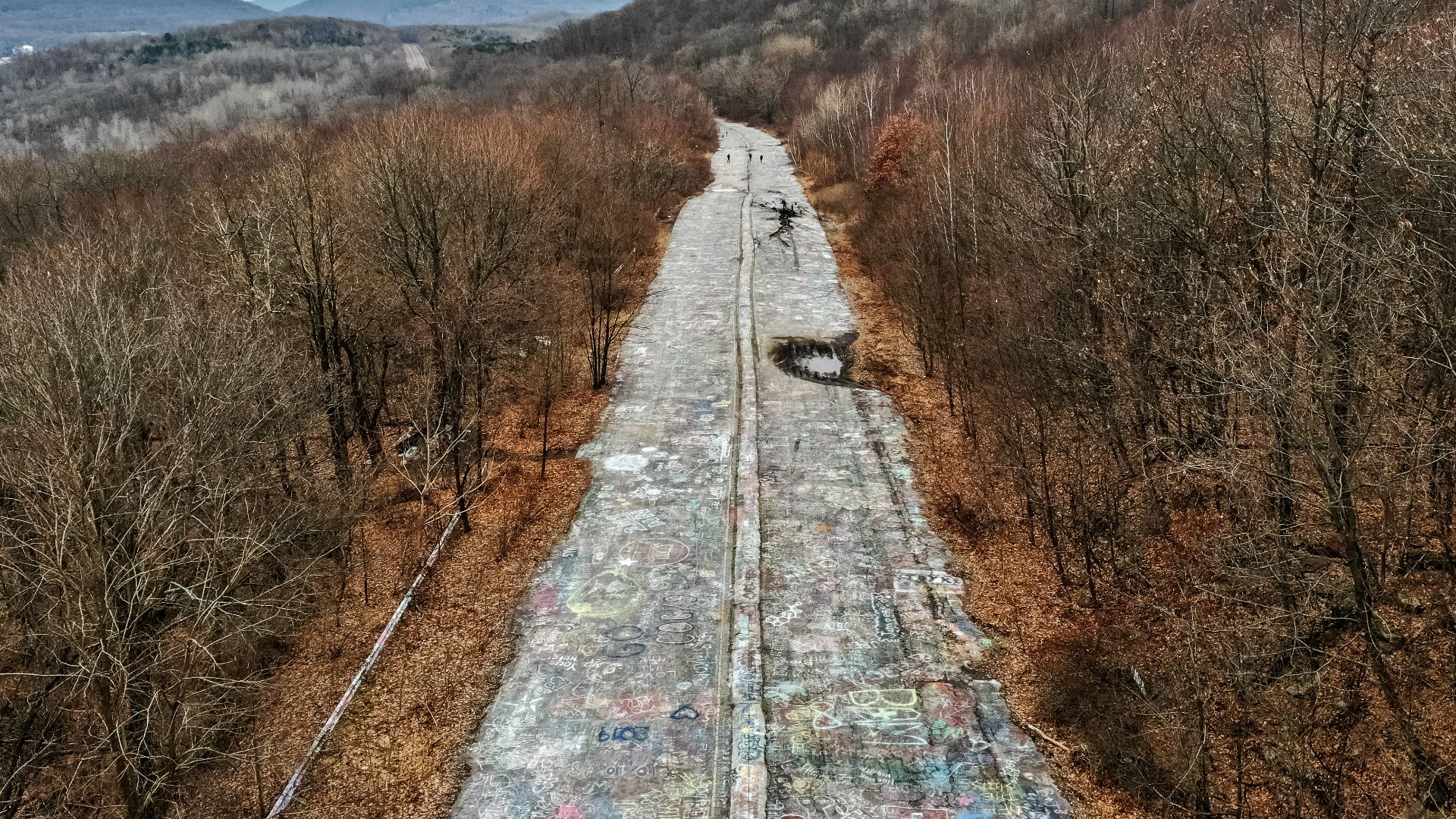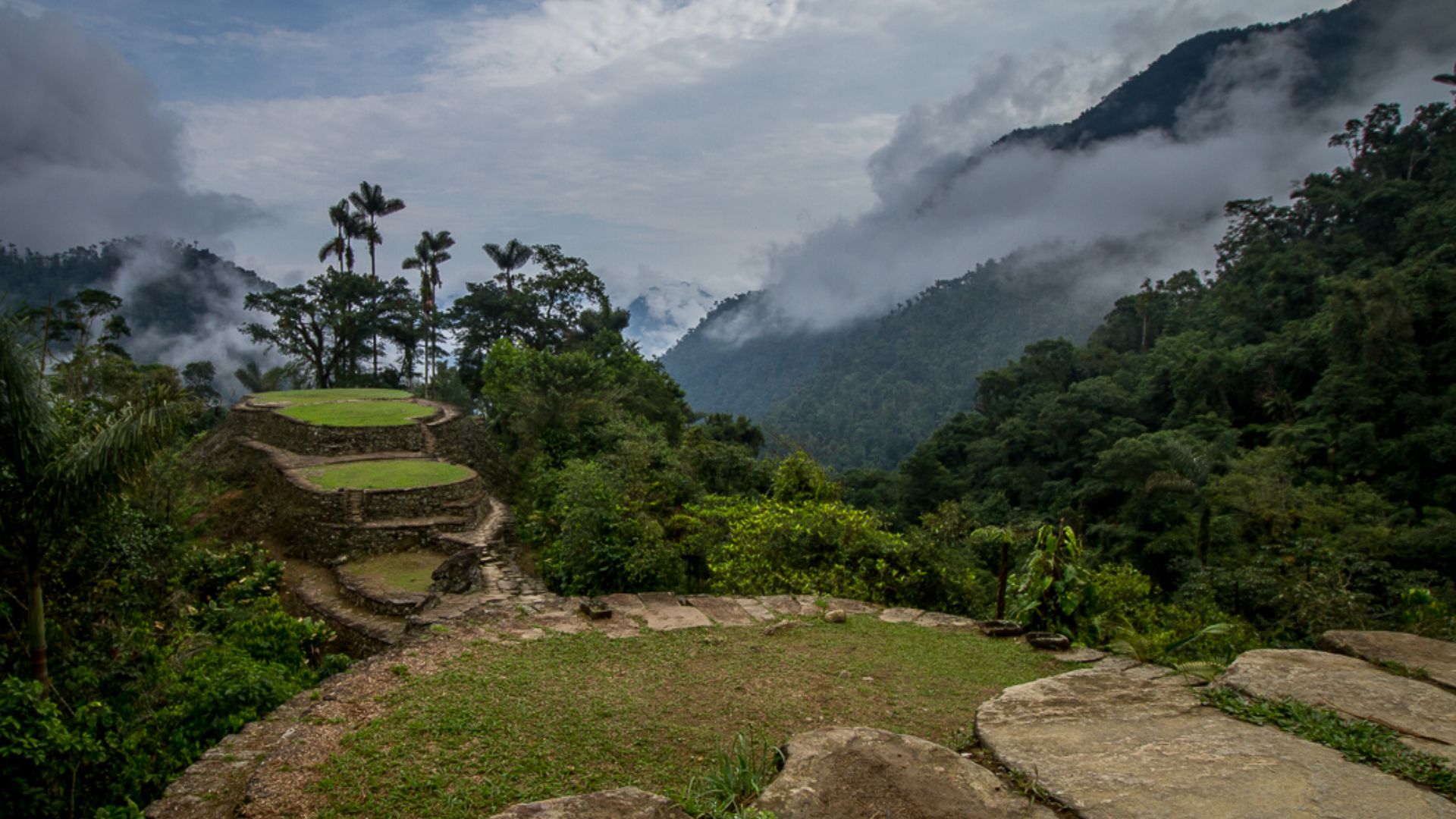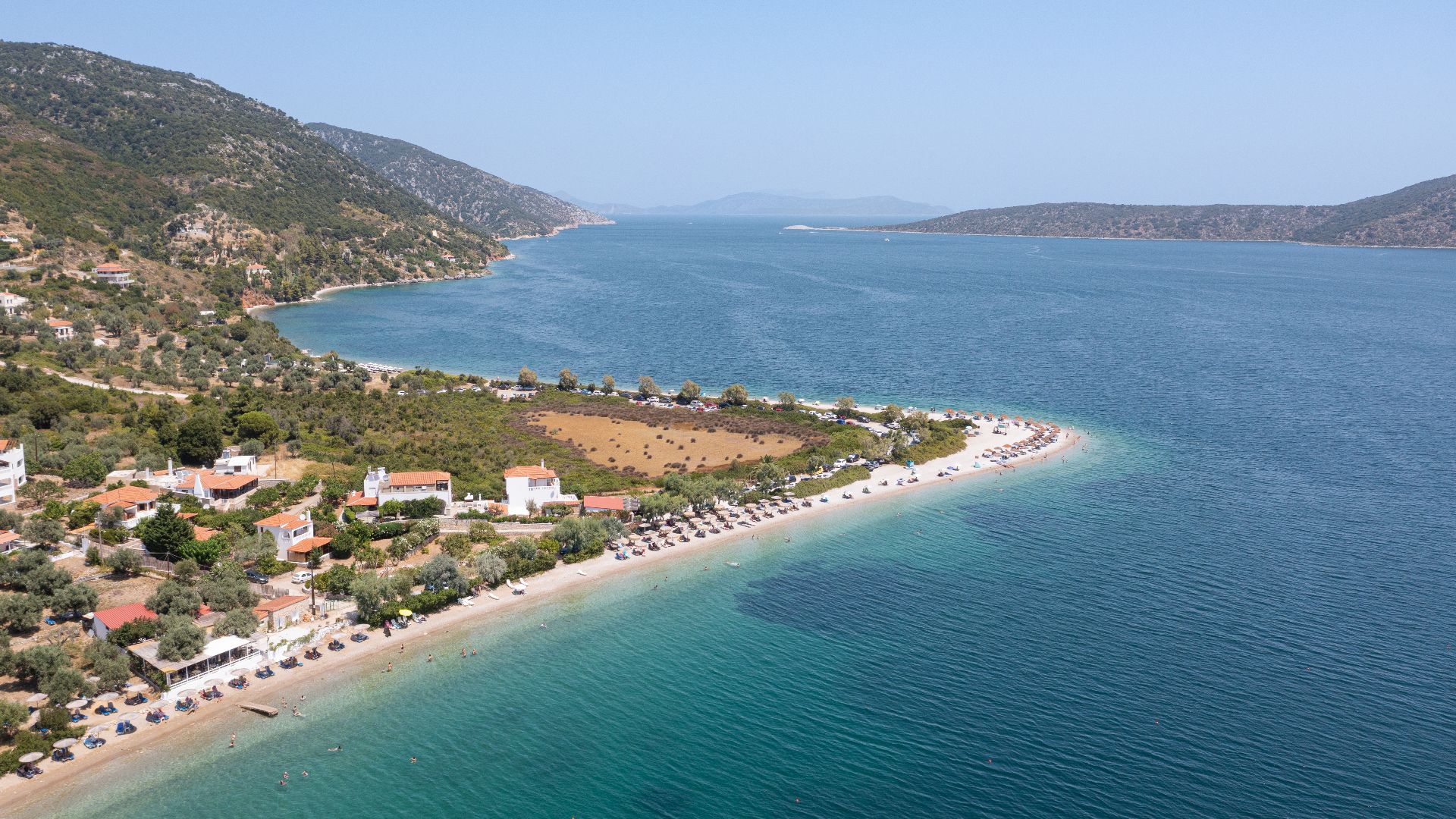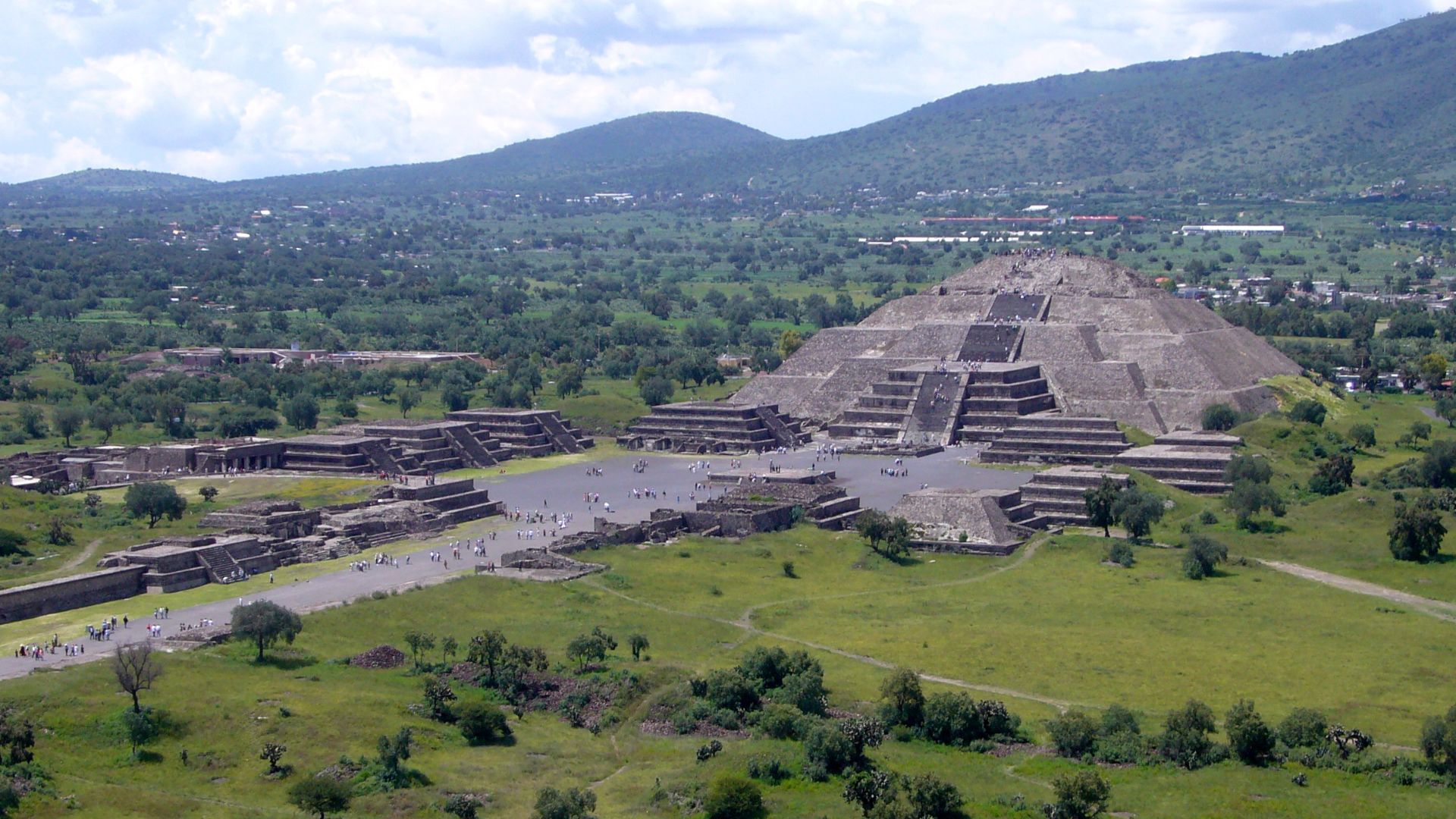Gone But Not Forgotten
Decades and even centuries ago, some cities had everything—people, money, and purpose. Then, something tragic happened, and all of that vanished. A few cities were destroyed by nature; others fell apart in human hands. But none of them were ever brought back to their former glory. They remain as fragments, barely remembered outside of history. If you’re ready to explore what got left behind when rebuilding wasn’t an option, read on.
1. Pompeii, Italy
Mount Vesuvius smothered this Roman city in 79 AD, silencing its streets under volcanic ash. Time stopped so suddenly that even loaves of bread were found in ovens. Rediscovered centuries later, it now draws visitors who walk ancient alleys that once thrived with vibrant, everyday Roman life.
2. Pripyat, Ukraine
Built for Chornobyl’s workers, Pripyat stood as a symbol of Soviet progress. After the nuclear meltdown in 1986, residents fled overnight. Dolls and calendars remain untouched. Trees creep through buildings now. This once-bustling city sits frozen, watched over by a rusting Ferris wheel.
 Alexander Blecher, blecher.info, all 450 pictures, overview on Wikimedia
Alexander Blecher, blecher.info, all 450 pictures, overview on Wikimedia
3. Herculaneum, Italy
The same eruption that buried Pompeii sealed Herculaneum in a deeper shroud of ash and mud. Wealthy villas and even carbonized scrolls survived. Unlike its famous neighbor, it holds secrets in its preserved wood and beachfront boathouses, still resting beneath layers of volcanic silence.
4. Akrotiri, Greece
An eruption around 1600 BC buried this Minoan city in ash, yet left frescoes and buildings astonishingly intact. Sophisticated plumbing and artistry reveal a culture rich in color and ritual. No skeletons surfaced, which suggests people escaped in time, leaving behind only their finely painted world.
5. Gedi, Kenya
Hidden within a thick coastal jungle, Gedi thrived with mosques, coral palaces, and early plumbing. Then, in the 1600s, people vanished. No war, no clear disaster. Just silence. Today, overgrown ruins remain, humming with mystery and the lingering elegance of Swahili architecture.
6. Vilcabamba, Peru
Deep in the Andes, this Incan refuge held out long after Machu Picchu. The Spanish eventually crushed it in 1572, ending a final chapter of resistance. Jungle swallowed the city, but stone foundations and fading records still whisper the story of a last Incan stand.
7. Tikal, Guatemala
Tikal rose as one of the greatest Maya cities. Towering temples pierced the jungle canopy, but drought and collapse emptied their plazas by 900 AD. For centuries, Tikal has been forgotten beneath vines. Its vast scale and sophisticated engineering hide in the heart of the rainforest.
8. Hashima Island, Japan
A mining marvel in the sea, Hashima bustled with life until the coal dried up in 1974. Its concrete buildings sit sealed in silence, shaped like a battleship. From workers’ homes to classrooms, everything stands still—an eerie island caught in the grip of time.
9. Chan Chan, Peru
Built from adobe by the Chimu Empire, Chan Chan held intricate courtyards and geometric carvings. The Incas eventually conquered it, leaving walls to fade under coastal winds. Though the desert swallows more each year, its patterns and layout still reflect an empire’s lasting imagination.
10. Leptis Magna, Libya
A jewel of Roman North Africa, Leptis Magna gleamed with marble streets and bustling forums. However, earthquakes and invaders shattered its brilliance. Buried by sand, the city lay still for centuries. Today, columns rise again, quiet and sunlit, beside the Libyan coast.
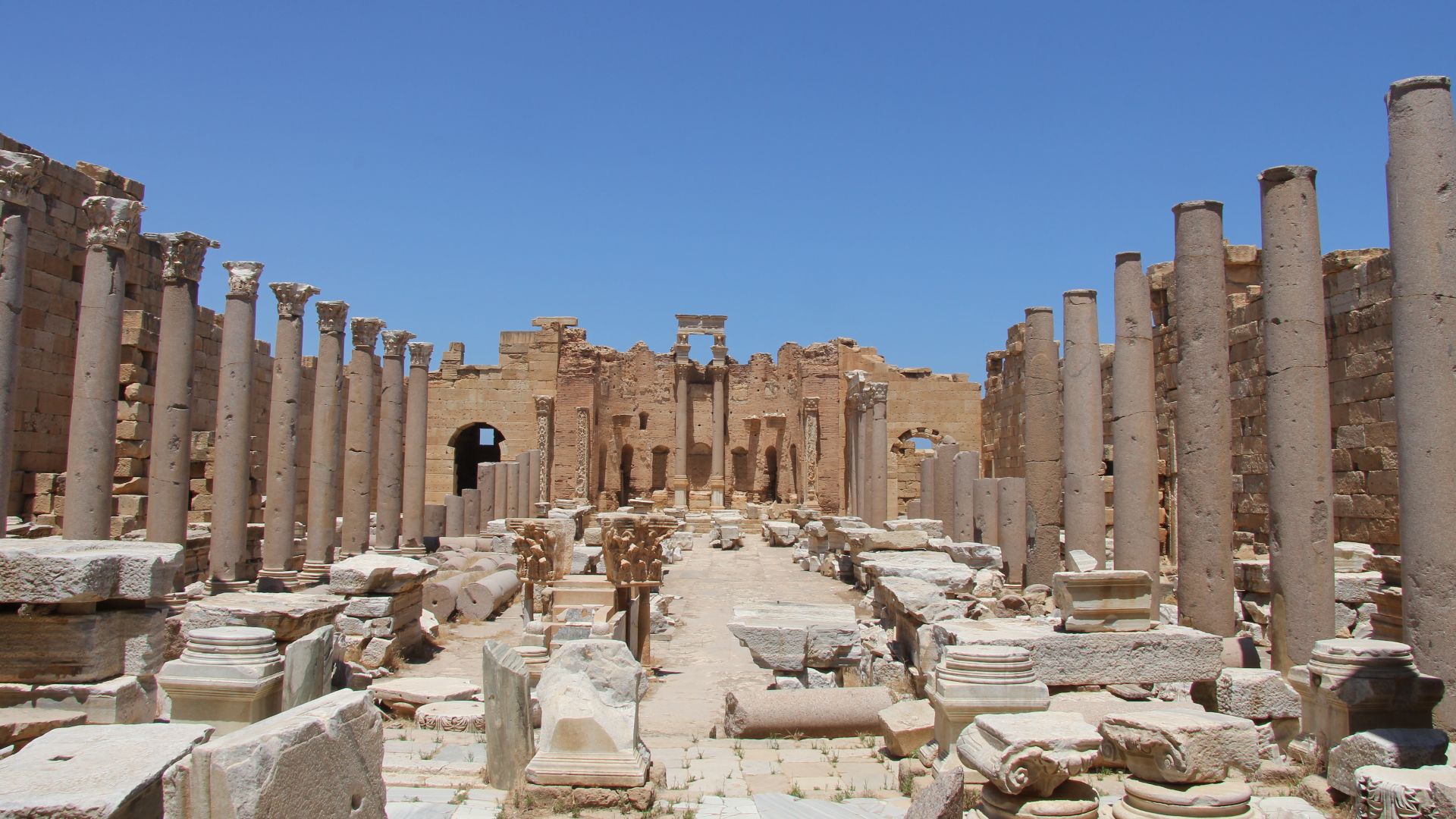 joepyrek from Richmond, Va, USA on Wikimedia
joepyrek from Richmond, Va, USA on Wikimedia
11. Ani, Turkey
Ani also fell to earthquakes and shifting power. It was once a spiritual capital lined with churches and stone cathedrals. Located along a forgotten border, the city’s arches and carved facades now face open winds. Grass grows between ruins that once held hymns and royal promise.
12. Centralia, Pennsylvania
A coal fire lit in 1962 turned this Pennsylvania town into a cautionary tale. Smoke rose from cracked streets, homes were emptied, and the earth simmered below. The ground remains unstable, but graffiti-covered roads and warning signs show where community life once thrived above burning veins.
13. Cahokia, Illinois
Cahokia flourished with temples and plazas, rising high along the Mississippi centuries ago. By 1350, the population had vanished and left behind mysterious mounds and sun circles. Bigger than London in its prime, the city’s builders left no written word, only earthworks whispering clues across the American Midwest.
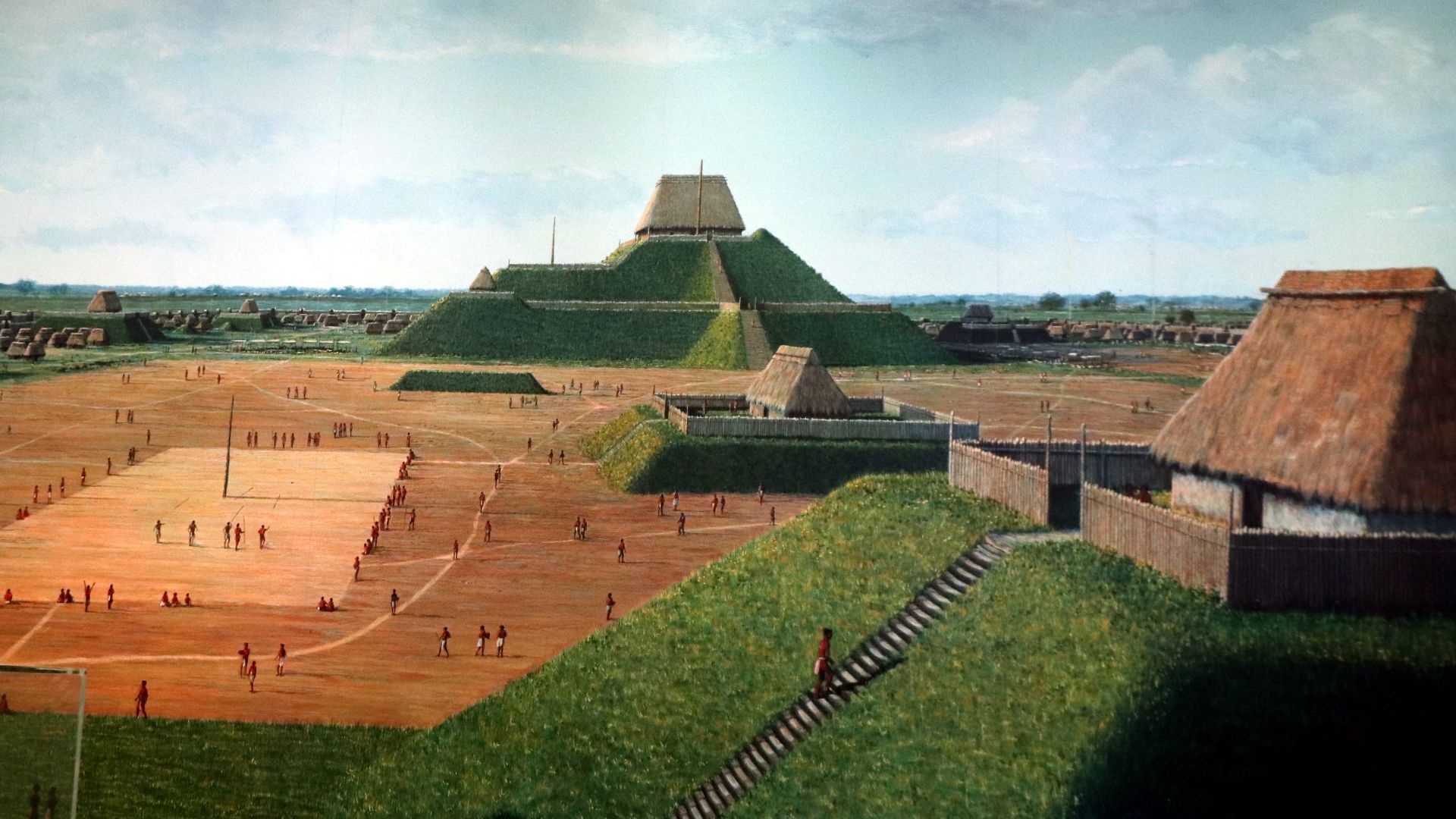 Thank You (24 Millions ) views on Wikimedia
Thank You (24 Millions ) views on Wikimedia
14. Ciudad Perdida, Colombia
Hidden deep within dense Colombian rainforest, Ciudad Perdida predates Machu Picchu by centuries. The Spanish never found it, but conquest and disease pushed its people out. Accessible only after trekking for days, its mossy stone terraces still hold meaning for Indigenous guardians of the land.
15. Helike, Greece
A once-prosperous city vanished overnight when a tsunami swallowed it in 373 BC. Over the centuries, Helike became a legend—some say the seed for Atlantis. It was later rediscovered beneath fields and the sea, with coins and seismic scars found along Greece's ancient coast.
16. Ctesiphon, Iraq
Ctesiphon stood as the pride of two Persian empires. With its colossal arch and royal halls, it rivaled Rome itself. The Arab conquest scattered its rulers, and the sands slowly crept in. Today, only fragments remain—majestic curves of brickwork against an ever-encroaching desert sky.
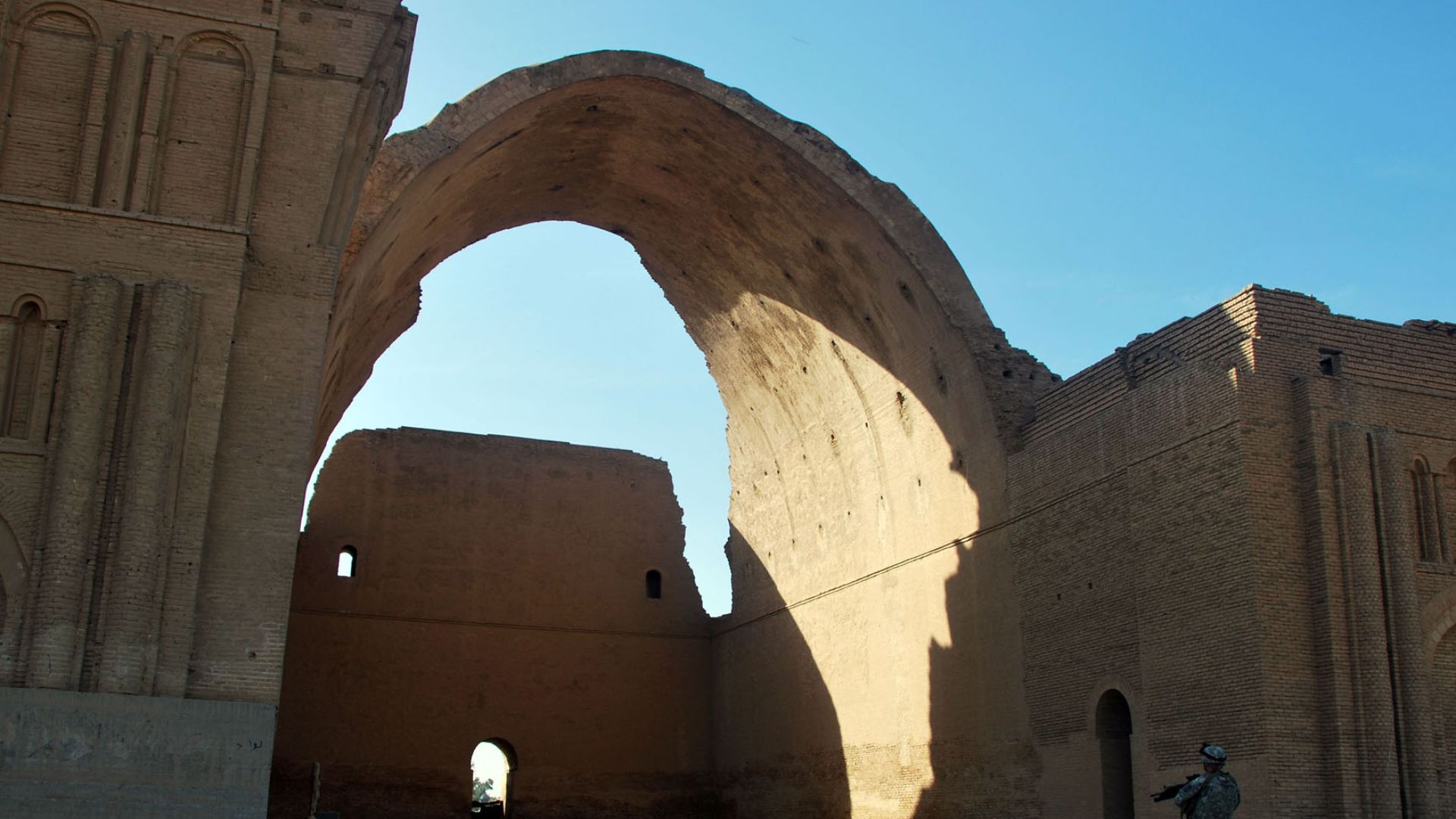 Sgt. Rebecca Schwab, 2nd Brigade Combat Team, 10th Mountain Division, USD-C on Wikimedia
Sgt. Rebecca Schwab, 2nd Brigade Combat Team, 10th Mountain Division, USD-C on Wikimedia
17. Mohenjo-Daro, Pakistan
Mohenjo-Daro thrived with straight roads, drainage systems, and public baths. Around 1900 BC, people left without a clear cause. Its bricks and layouts suggest planned brilliance, yet no ruler’s name survives. Rediscovered in the 1920s, the city still puzzles archaeologists.
18. Tanis, Egypt
Built for pharaohs and power, Tanis featured massive temples and silver coffins. Shifting Nile waters left it dry and forgotten. Once mistaken for the biblical Zoan, its weathered ruins now hold columns and sphinxes that speak of glory beneath open skies and swirling desert winds.
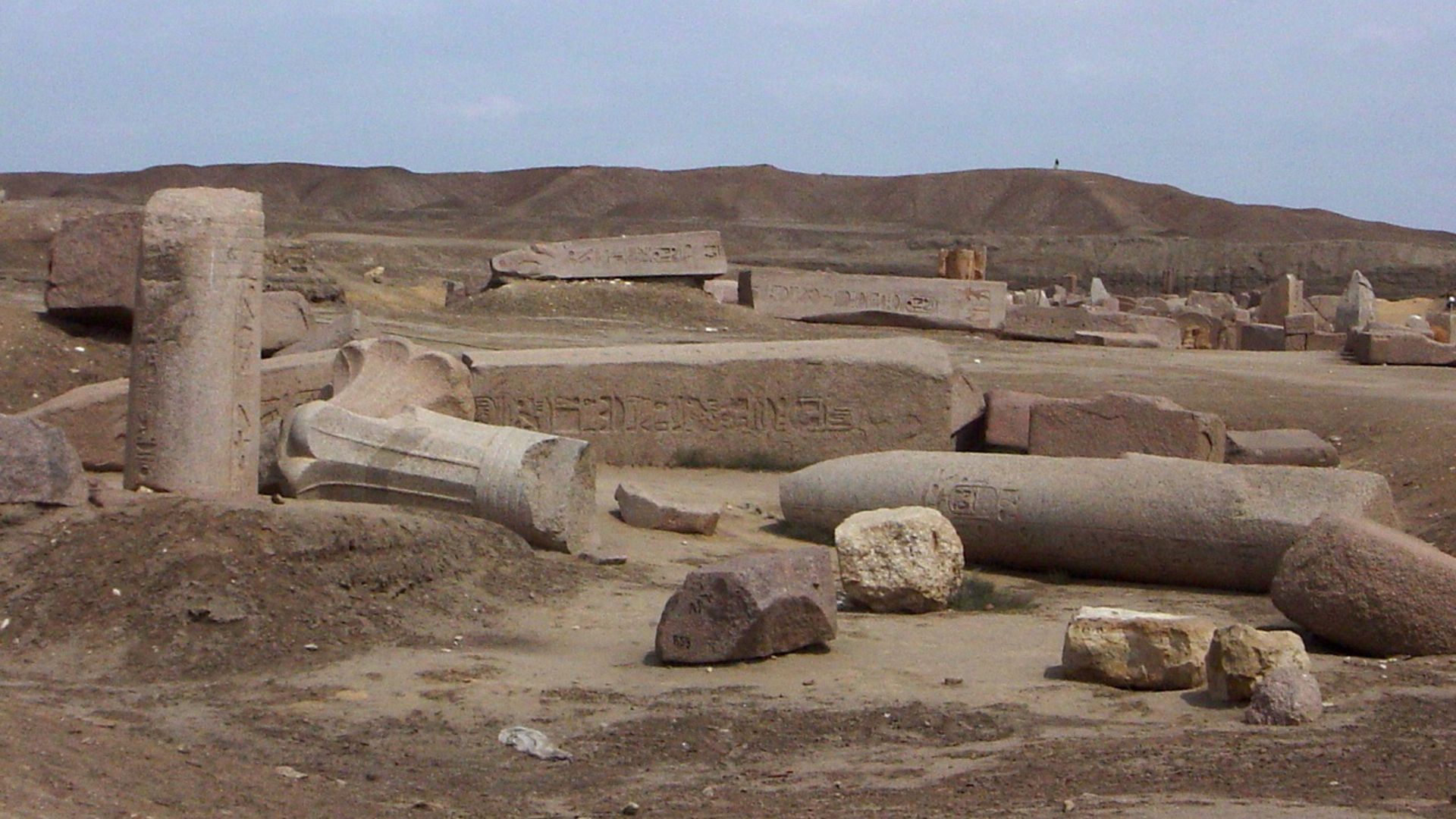 Original uploader was Markh at en.wikipedia on Wikimedia
Original uploader was Markh at en.wikipedia on Wikimedia
19. Teotihuacan, Mexico
Teotihuacan soared with grand pyramids and colorful murals, reaching its height by 500 AD. Its creators left no written records, only stones stacked with mathematical precision. Abandoned before the Aztecs arrived, the city’s vast avenues and ceremonial plazas stir curiosity across Central Mexico.
20. Vijayanagara, India
Vijayanagara once pulsed with commerce, temples, and scholars, second only to Beijing in size. However, a crushing defeat in 1565 unraveled it all. Markets emptied, towers fell, and silence returned. Among Hampi’s granite ruins, monkeys now leap where musicians once played for kings and celestial dancers.
KEEP ON READING

The 20 Most Recognized Historical Figures Of All Time
The Biggest Names In History. Although the Earth has been…
By Cathy Liu Oct 4, 2024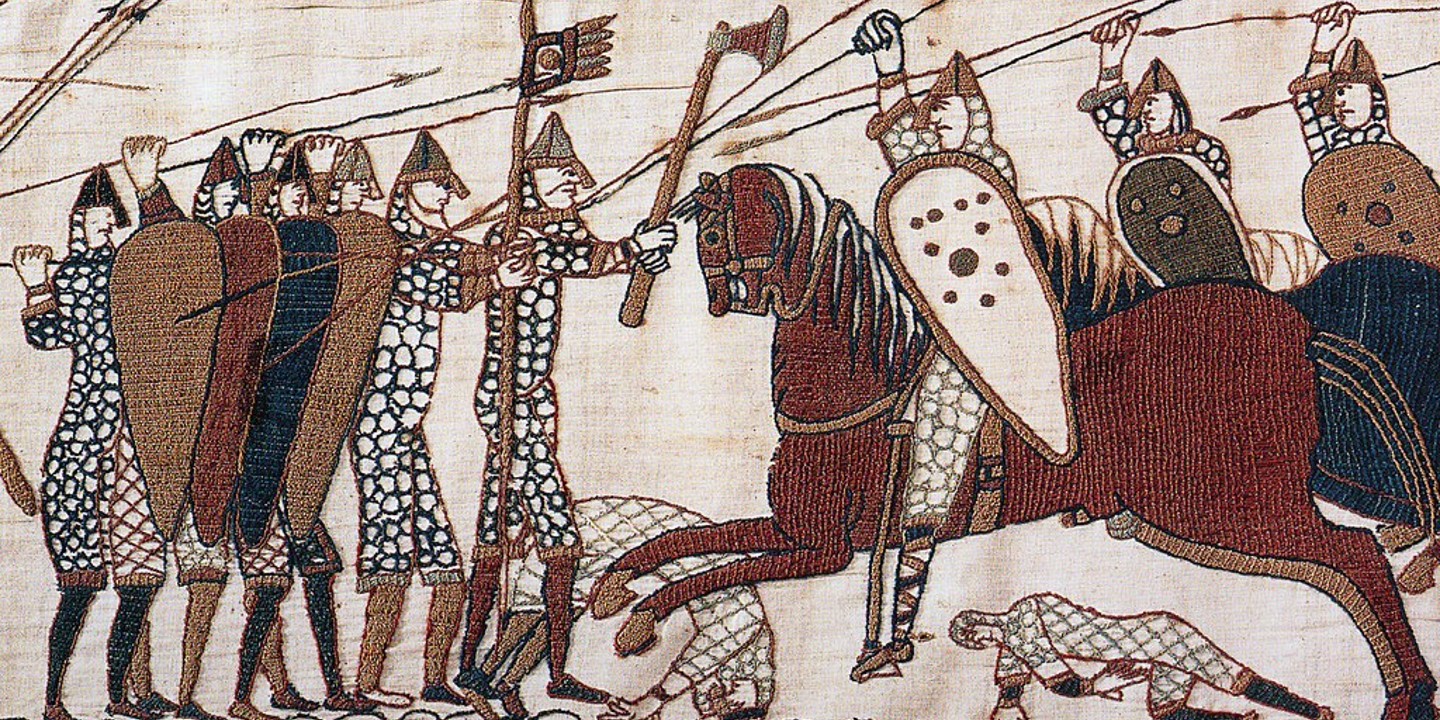
10 of the Shortest Wars in History & 10 of…
Wars: Longest and Shortest. Throughout history, wars have varied dramatically…
By Emilie Richardson-Dupuis Oct 7, 2024
10 Fascinating Facts About Ancient Greece You Can Appreciate &…
Once Upon A Time Lived Some Ancient Weirdos.... Greece is…
By Megan Wickens Oct 7, 2024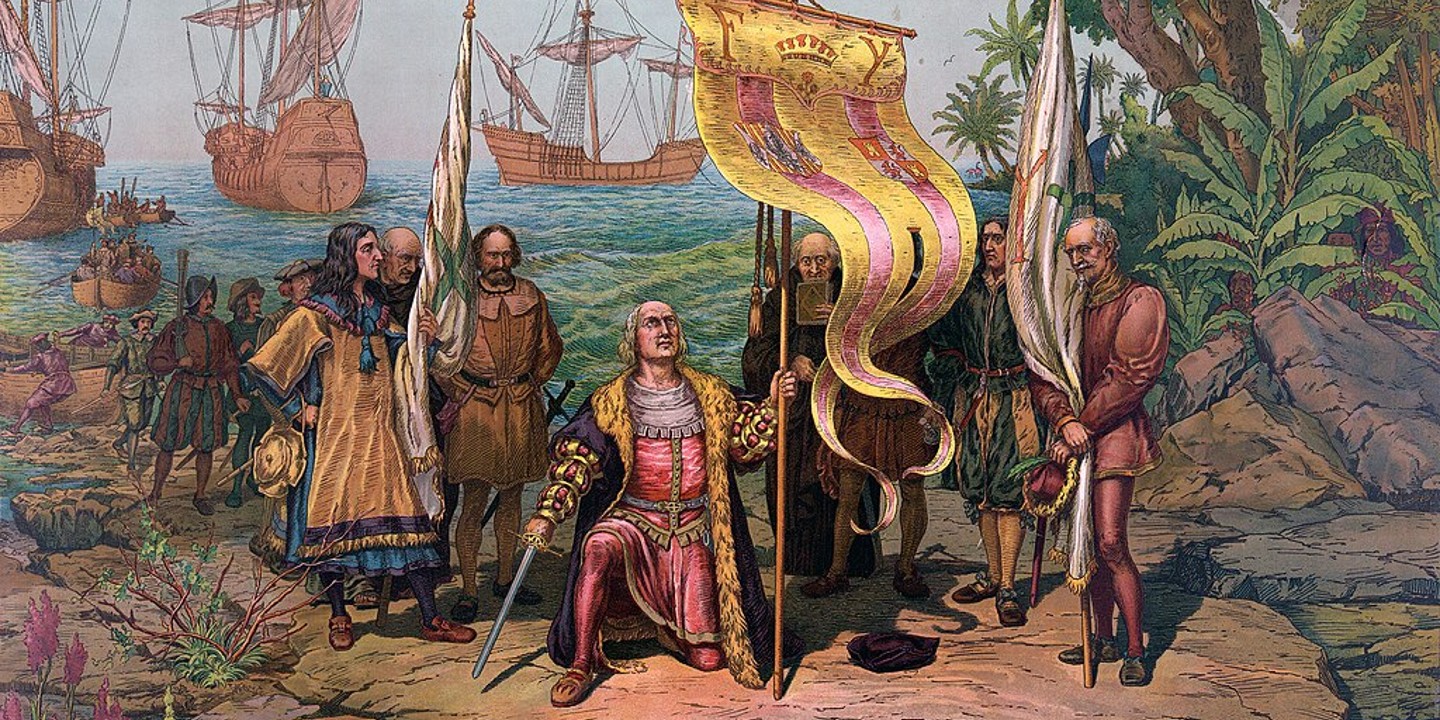
20 Lesser-Known Facts About Christopher Columbus You Don't Learn In…
In 1492, He Sailed The Ocean Blue. Christopher Columbus is…
By Emilie Richardson-Dupuis Oct 9, 2024
20 Historical Landmarks That Have The Craziest Conspiracy Theories
Unsolved Mysteries Of Ancient Places . When there's not enough evidence…
By Megan Wickens Oct 9, 2024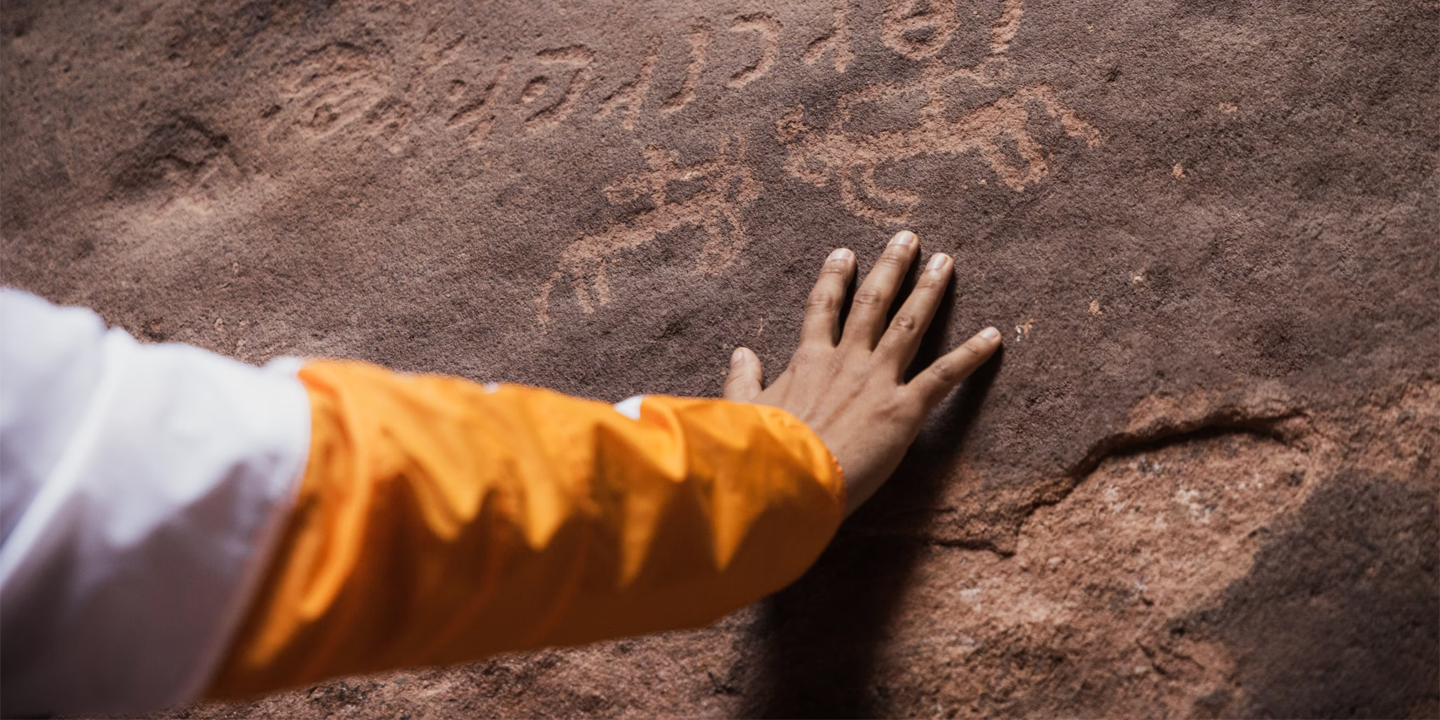
The 20 Craziest Inventions & Discoveries Made During Ancient Times
Crazy Ancient Inventions . While we're busy making big advancements in…
By Cathy Liu Oct 9, 2024

